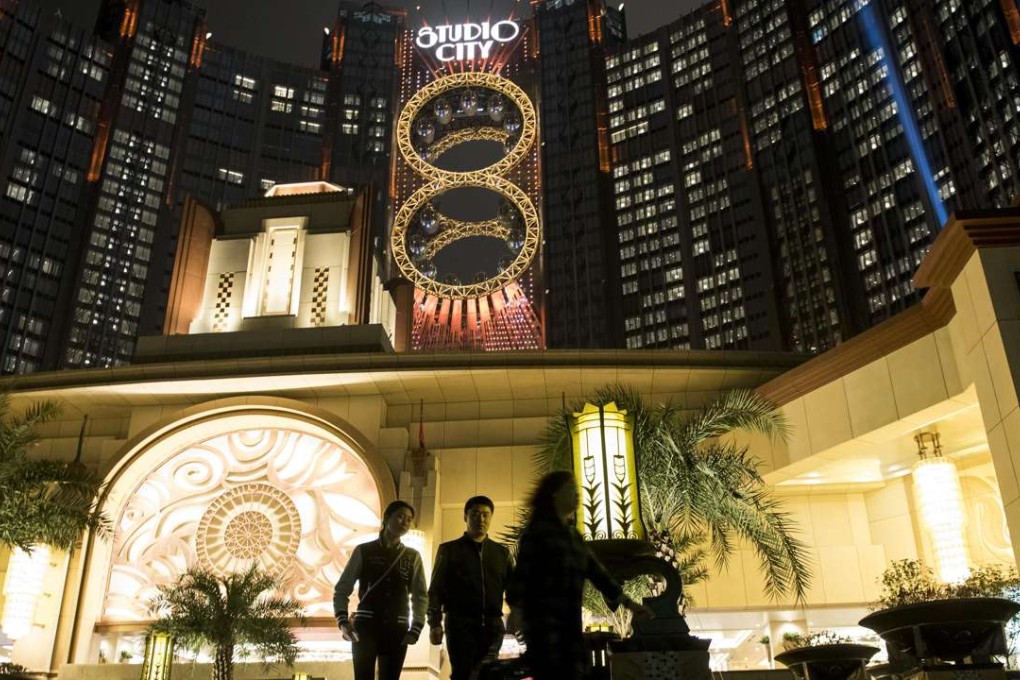
The recent detention of 18 Crown Casino employees in China brings into focus the haplessness of multinational corporations when faced with criminal law. Most international lawyers in China are commercial specialists; they are comfortable arguing the toss over new rules on performance bonds, but don’t know the basics of criminal procedure. Yet China is a jurisdiction where criminal sanctions and commercial behaviour overlap.
This isn’t news. For at least a decade, foreign executives have been sustaining criminal liability for alleged corporate mischief, and there have been some famous cases: IHS / Xue Feng in 2007; Rio Tinto / Stern Hu in 2009; GlaxoSmithKline / Peter Humphrey in 2013. Chinese nationals are much more likely to be detained, but if we look at cases of detention of foreigners, a clear pattern emerges, and multinationals ought to know by now what to do. But they don’t.
When a detention occurs, the reaction from head office is to assemble a team and hold repetitive conference calls across multiple time zones, with various participants emphasising the urgency of getting something done. The result is time wasted on self-justification which would have been better used working out how to extract the detainees. Significantly they do not engage anyone useful on the ground. They ask consular officials to “exert pressure” – which adds a diplomatic angle that hurts negotiations. They leak stories to the media, but this politicises the matter and ties the hands of the arresting authorities. And they hire Chinese local lawyers who were hitherto unknown to the company on the grounds that they are well-connected with local police, which makes them an added risk.
There are several methods of defusing tension and dealing with employee detainment.

One of these methods is to take advantage of China’s lack of extradition arrangements. The first step is to engage with the police quickly to discuss a bail arrangement. Negotiating with anyone other than the detaining authority will reduce the chances of this succeeding, and so the bail arrangement must ideally be completed within 37 days of detention, before the case is passed to prosecution. It is crucial for the terms of bail (which can and should be negotiated) to allow for the detainee to leave China. You don’t want the newly released detainee to get to the airport, only to be arrested again and sent straight back.